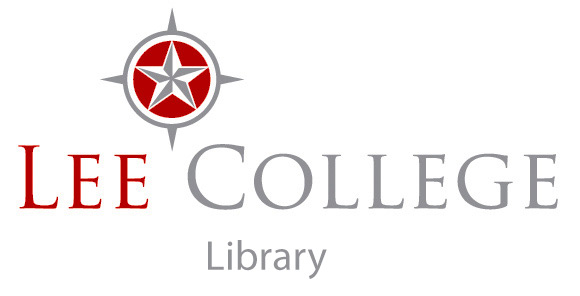
Acquiring Information: Acquiring information for any assigned work or examination from any
source not authorized by the instructor.
Plagiarism: Presenting work or ideas from another source as your own, with or without consent of the original author, by incorporating it into your work without full acknowledgement. From https://www.ox.ac.uk/students/academic/guidance/skills/plagiarism
Providing Information: Providing answers for any assigned work or examination when not specifically authorized by the instructor to do so or Informing any person or persons of the contents of any examination prior to the time the examination is given.
Online Link to the Academic Honesty Values
1. Acquiring Information
a) Acquiring information for any assigned work or examination from any source not authorized by the instructor.
b) Working with another person or persons on any assignment or examination when asked for individual work.
c) Observing the work of other students during any examination.
d) Using, buying, selling, stealing, soliciting, copying, or possessing, in whole or part, the contents of an un-administered examination, paper or another assignment.
e) Using test materials not authorized by the person administering the test.
f) Agreeing with one or more persons to commit any act of academic dishonesty.
g) Using any type of AI Chatbot results without prior permission from the instructor or unless part of the assignment.
2. Providing Information
a) Providing answers for any assigned work or examination when not specifically authorized by the instructor to do so.
b) Informing any person or persons of the contents of any examination prior to the time the examination is given.
3. Plagiarism shall be defined as the appropriating, buying, receiving as a gift, or obtaining by any means another’s work and the unacknowledged submission or incorporation of it in one’s own written work. Examples of plagiarism may include, but are not limited to the following:
a) Attempting to receive credit for work performed by another person, including papers obtained in whole or part from individuals or other sources.
b) Copying computer programs or data files belonging to someone else.
c) Copying and pasting text and images from electronic sources into a paper without acknowledging the source of that work or idea.
d) Incorporating the work or idea of another person into one’s own work, whether paraphrased or quoted without acknowledging the source of that work or idea.
e) Self-Plagiarism: Submitting an assignment that is the same as or substantially similar to one’s own previously submitted work(s) without asking permission from the instructor or submitting an assignment that is the same as or substantially similar in two courses simultaneously without asking permission from both instructors.
4. Fabrication of Information
a) Fabricating or falsifying a bibliography.
b) Changing answers or grades after an academic work has been returned to the student and claiming instructor error.
c) Fabricating or falsifying the results obtained from research or a laboratory experiment.
d) Substituting for another student to take an examination or to do any academic work for which academic credit will be received.
e) Submitting work for credit or taking an examination and employing a technique specifically prohibited by the instructor in that course, even if such technique would be acceptable in other courses.
f) Using false justification to obtain extension on an assignment or exam.
Online link to the Academic Honesty Policy
For Unintentional First Offense Violators:
For Intentional First Offense Violators:
For Intentional Second Offense Violators:
Additional Penalties: Violations of the Academic Honesty Code in any subsequent courses that threaten the College’s learning environment may merit further penalties up to and including expulsion.
Online link to the Academic Honesty Policy